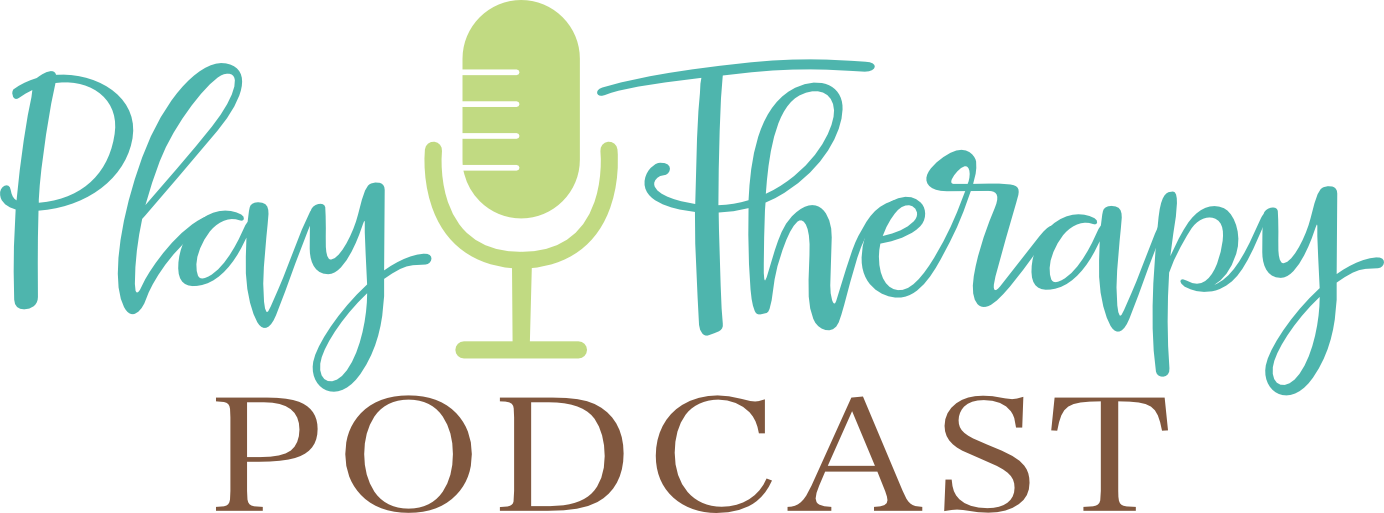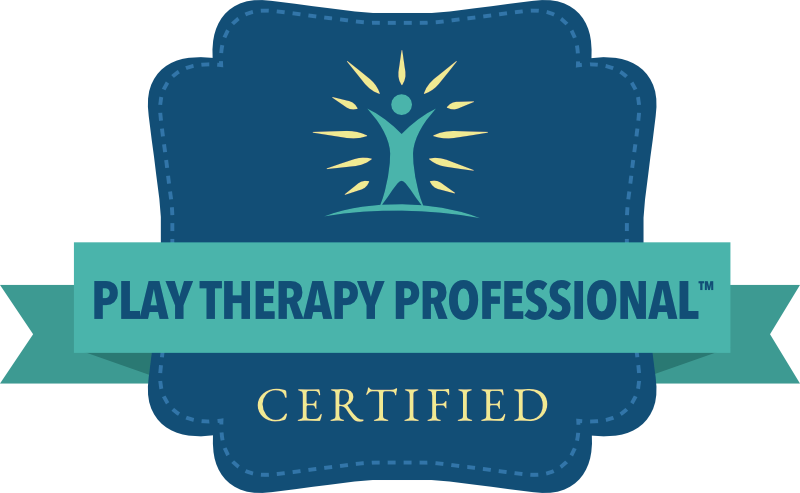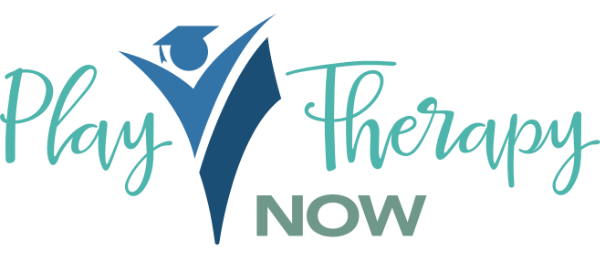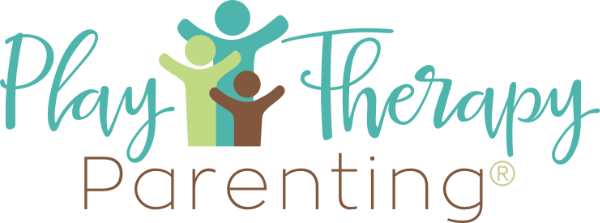Preparing Children for Therapist Absences: Maternity Leave and Vacation
I also emphasize the importance of sharing these plans with the child first, as this preserves the trust and relationship built in child-centered play therapy (CCPT). For longer breaks, I recommend a pseudo-termination process to help children prepare for the separation and understand when they’ll see their therapist again. Setting clear expectations and explaining the reasons behind any absence strengthens the therapeutic relationship and reassures children during times of change.
If you would like to ask me questions directly, check out www.ccptcollective.com, where I host two weekly Zoom calls filled with advanced CCPT case studies and session reviews, as well as member Q&A. You can take advantage of the two-week free trial to see if the CCPT Collective is right for you.
Ask Me Questions: Call (813) 812-5525, or email: [email protected]
Brenna’s CCPT Hub: https://www.playtherapynow.com
CCPT Collective (online community exclusively for CCPTs): https://www.ccptcollective.com
Podcast HQ: https://www.playtherapypodcast.com
APT Approved Play Therapy CE courses: https://childcenteredtraining.com
Twitter: @thekidcounselor https://twitter.com/thekidcounselor
Facebook: https://facebook.com/playtherapypodcast








